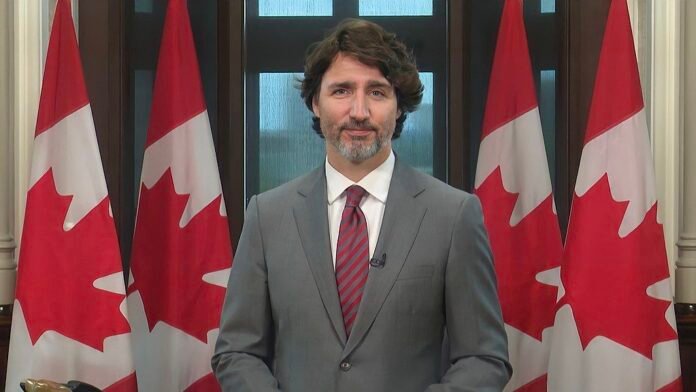The political landscape of Canada faces pivotal changes as Prime Minister Justin Trudeau announces his resignation. This unexpected development resonates across political circles and public domains, marking a transition in Canadian governance. Trudeau, who has been a defining figure in liberal politics, exits amid escalating political pressures, sparking widespread speculation on his successor and the ensuing direction of Canadian politics. Trudeau’s tenure, marked by progressive policies and international advocacy, has faced increasing domestic challenges — from economic management to addressing indigenous rights and climate policies. His departure invites reflection on his leadership legacy and the transformative policies introduced under his administration. Political analysts debate whether the resignation is a result of political fatigue or strategic recalibration to preserve party prospects ahead of upcoming elections. This vacuum sets the stage for new leadership dynamics within the Liberal Party, necessitating considerations of continuity versus reformulation of policies. As potential successors emerge, the future direction of Canadian liberalism and its role on the global stage is under scrutiny. The resignation, nonetheless, underscores the demands placed on modern political leaders amidst complex socioeconomic and environmental issues. Trudeau’s decision reverberates beyond national borders, affecting Canada’s international alliances and participation, most notably in climate diplomacy and trade negotiations. Stakeholders within and outside Canada await the unfolding of political manoeuvres that will shape national policy orientations and Canada’s voice in the global arena. This moment invites a critical analysis of leadership transitions and their implications on democratic processes, public engagement, and future policy trajectories.
Embed from Getty ImagesPerspectives
Perspective 1: Political commentators view Trudeau’s resignation as indicative of broader challenges facing contemporary political leaders. They highlight the immense pressures leaders endure regarding public expectations, policy implementation, and maintaining party cohesion. Trudeau’s decision is seen as reflective of modern governance strains, including constant media scrutiny and political divisiveness. Commentators suggest that effective leadership in the current climate necessitates resilience and adaptive strategies for navigating multifaceted crises, requiring leaders to balance innovation with public sentiment while fostering party unity energetically.
Sources:
THE GLOBE AND MAIL
POLITICO
Perspective 2: Trudeau’s leadership, defined by progressive agendas, has set significant precedents in Canadian politics. Analysts discuss his commitment to social equality, environmental sustainability, and multiculturalism, which have resonated within Canada and internationally. His resignation opens dialogue on potential policy continuations or shifts by incoming leadership. Analysts assess the implications for climate policy, indigenous reconciliation, and foreign diplomatic stances, which were pivotal during Trudeau’s administration. Ultimately, the upcoming leadership decision will indicate whether these policies will sustain momentum or evolve under new guidance strategies.
Sources:
CBC
FORBES
Perspective 3: International observers focus on how Trudeau’s resignation might shift Canada’s global positioning. Trudeau’s tenure was marked by active participation in climate diplomacy, multilateral alliance building, and trade negotiations. Observers anticipate whether Canada will continue its current foreign policies or recalibrate strategic partnerships under new leadership. The resignation signifies a potential shift in navigating international norms and bilateral relations. International alliances await signals on Canada’s future role and contributions amidst growing global challenges, keenly observing the leadership transition for strategic indications.
Sources:
THE GUARDIAN
NY TIMES
